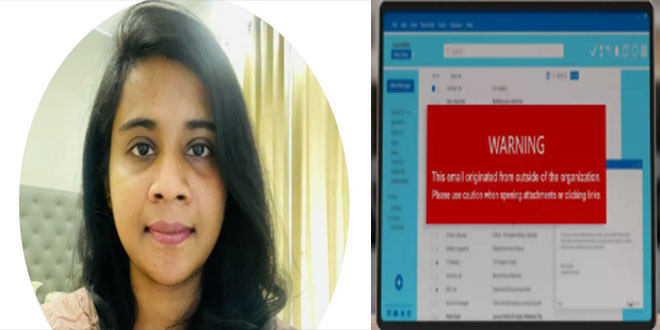Google has made a quantum computing chip that can finish tasks in five minutes, which would take conventional computers 10 undecillion (10,000,000,000,000,000,000,000,000 years) to complete.
That’s 10 septillion years, a number much larger than the age of our universe, leading scientists behind a recent quantum computing breakthrough to describe it as “mind-boggling.”
It occupies a mere 4 cm squared yet boasts an astonishing speed.
The new chip, called Willow, is about the size of an After Eight mint and was developed in Santa Barbara, California. It has the potential to significantly accelerate drug development by speeding up the experimental phase.
Performance reports indicate that we may be just five years away from quantum computing significantly enhancing our ability to research and develop new materials, from drugs to batteries, according to a UK expert. Governments worldwide are investing tens of billions of dollars into this research.
Willow is said to have fewer errors than earlier versions, potentially boosting the rapidly advancing field of artificial intelligence.
Quantum computing leverages the ability of matter to exist in multiple states simultaneously, potentially enabling much larger calculations than before. This advancement could speed up the development of nuclear fusion reactors and enhance the effectiveness of artificial intelligence, especially in medical science. For instance, Google suggests that it could enable MRI scans to be analyzed at an atom-level detail, providing valuable data about human bodies and diseases for AI analysis.
There are concerns that without regulations, technology could break advanced encryption and jeopardize computer security.
Google Quantum AI is among several groups, including Microsoft, Harvard University, and Quantinuum, exploring how to utilize quantum computing. A major challenge is making quantum chips more resilient, as even tiny defects and cosmic radiation can disrupt their functions.
“Quantum processors are peeling away at a double exponential rate and will continue to vastly outperform classical computers as we scale up,” said Hartmut Neven, the founder of the firm, who said that the latest test results, published on Monday in Nature magazine, “cracks a key challenge in quantum error correction that the field has pursued for almost 30 years”.
He stated that the new chip’s much faster speed compared to classical computers supports the idea that quantum computation happens across multiple parallel universes, suggesting we exist in a multiverse.
A quantum computer can exist in multiple states simultaneously, allowing it to perform more tasks at once.
 InfoSecBulletin Cybersecurity for mankind
InfoSecBulletin Cybersecurity for mankind














